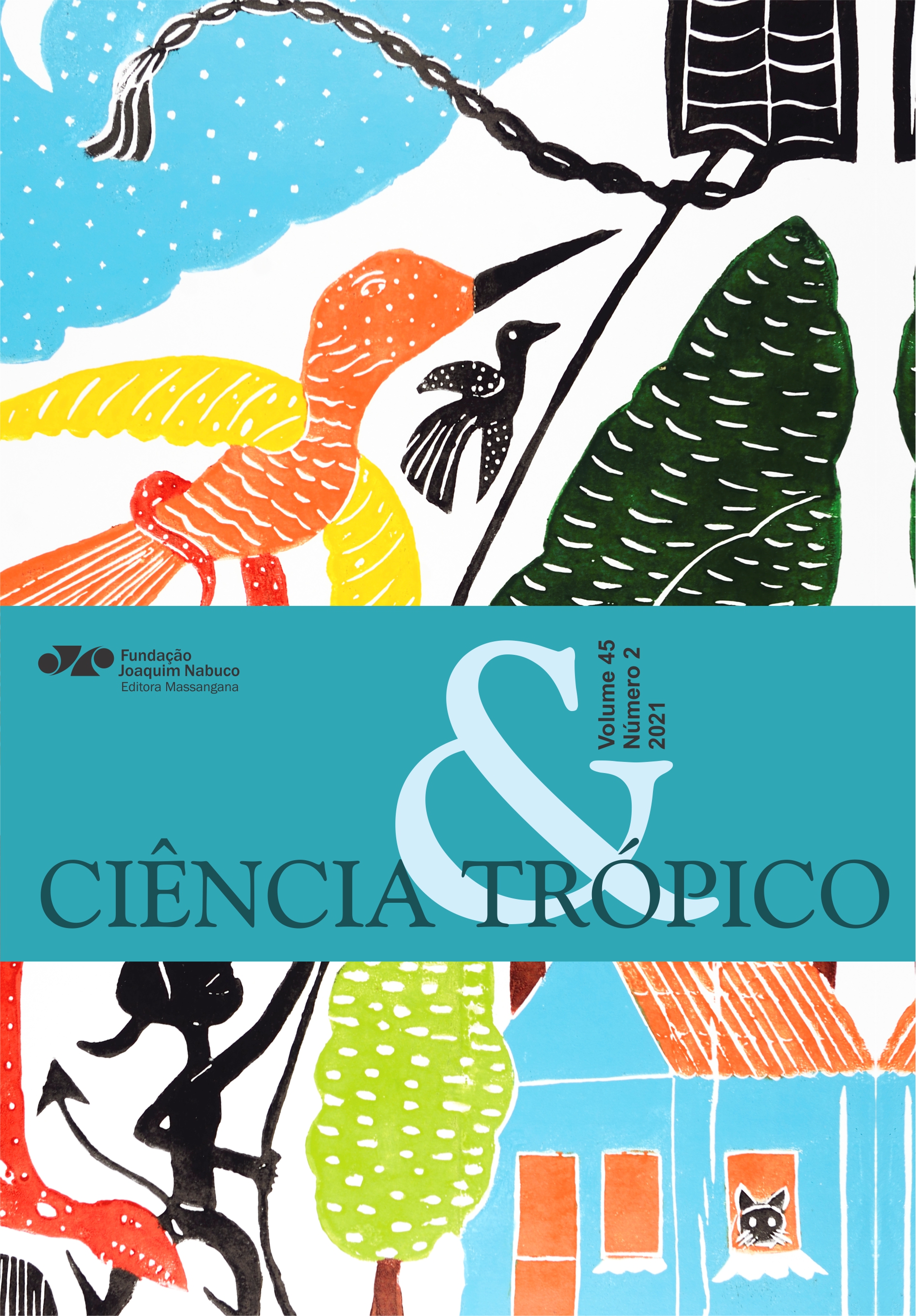Climate change on the global agenda: Lessons we have learned from the Conferences of Parties (COP) and what’s at stake at the COP26
DOI:
https://doi.org/10.33148/cetropicov45n2(2021)art3Abstract
In November 2021, the 26th Conference of the Parties (COP 26) took place in Glasgow, Scotland. The Conferences annually bring together the 195 signatory countries of the United Nations Framework Convention on Climate Change (1994) whose initial objective was to stabilize the emission of greenhouse gases into the atmosphere, thus limiting global warming. According to the Intergovernmental Panel on Climate Change (IPCC) Climate Report published in August 2021, climate change is not an intangible or distant-future phenomenon. According to IPCC data, the planet's temperature will reach the limit of +1.5 °C compared to the pre-industrial era around 2030, ten years ahead of the 2018 estimates. Therefore, the consequences of climate change are already present : the water crisis and its impacts on the Brazilian hydroelectric sector, as well as the approach of the Amazon Forest to its “point of no return”, in other words, of no longer being able to regenerate due to increased deforestation, are some examples. The fifth workshop of the Denaturalization Seminar intended to contribute with reflections aimed at denaturalizing the causes and effects of the existing climate crisis. To this end, the following points were addressed: i) recovery of the history of the Conferences of the Parties and the participation of Brazilian civil society in the global climate agenda ii) debate on how COP 26 can strengthen false solutions to climate change and what is their relationship with conflicts in the territories of traditional peoples and communities. iii) Debate on the alternatives that traditional peoples and communities have created to face climate change.
Keywords: Conference of the Parties. Climate change. IPCC. COP 26. Environment.
Downloads
Downloads
Published
How to Cite
Issue
Section
License
Copyright (c) 2021 Ole Joerss, Caroline Rodrigues da Silva, Mirtes Aparecida dos Santos

This work is licensed under a Creative Commons Attribution 4.0 International License.


